Keywords: Australian History
There are more than 24 results, only the first 24 are displayed here.
Become a subscriber for more search results.
-

ENVIRONMENT
- Michele Gierck
- 28 February 2025
Dr. Paul Hardisty has spent years chronicling the Great Barrier Reef—not just its breathtaking beauty, but its battles for survival. In In Hot Water, he traces a century of near-misses and looming catastrophe, from oil drilling threats to climate-driven bleaching, revealing the fragile, high-stakes fight to save the world’s largest coral ecosystem.
READ MORE 
-

INTERNATIONAL
- Gillian Bouras
- 27 February 2025
Europe faces a moment of strategic recalibration as shifting U.S. priorities put transatlantic ties under strain, raising concerns about Europe’s defence standing. With war on its borders and internal divisions mounting, the European Union must rethink its role in an increasingly uncertain world.
READ MORE
-
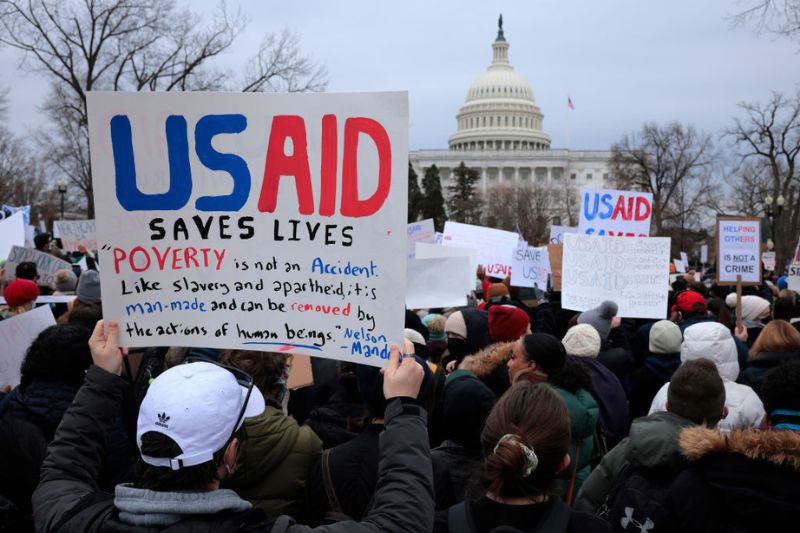
INTERNATIONAL
- Cameron Hill
- 26 February 2025
With cuts to USAID, international aid programs confront mounting challenges. Amid evolving power dynamics and strategic realignment, humanitarian assistance now faces fundamental questions about its future.
READ MORE
-

INTERNATIONAL
- Andrew Hamilton
- 19 February 2025
The shockwaves of the Hamas attack on Israel and the Israeli military’s response in Gaza have ignited protests, inflamed divisions, and prompted a reckoning with rising antisemitism. As hostilities pause, how should societies distinguish between legitimate criticism and rhetoric that fuels hate?
READ MORE
-
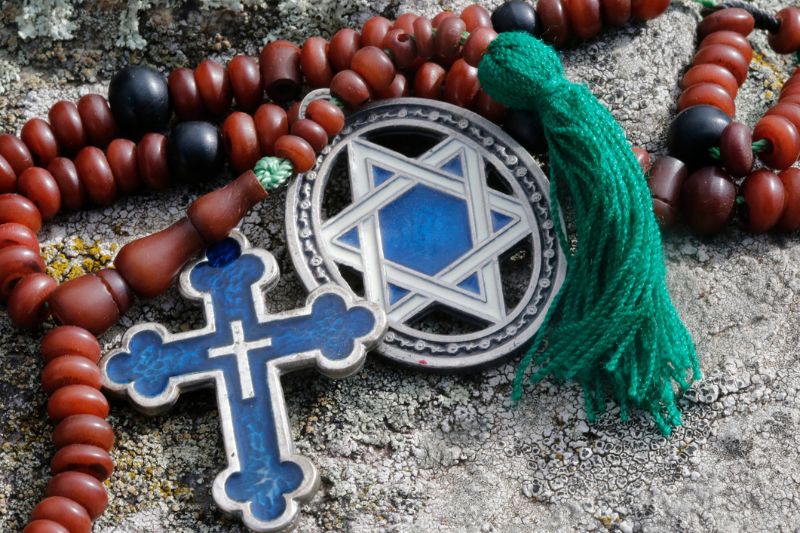
RELIGION
- Emma Carolan
- 19 February 2025
Amidst a rise in antisemitism globally, some in the Jewish community have raised concerns about echoes of historic anti-Judaism resurfacing within the Church. While Catholic leaders condemn overt hate, has the Church fully confronted its entrenched biases, or do old prejudices still affect its response in ways that go unnoticed?
READ MORE
-
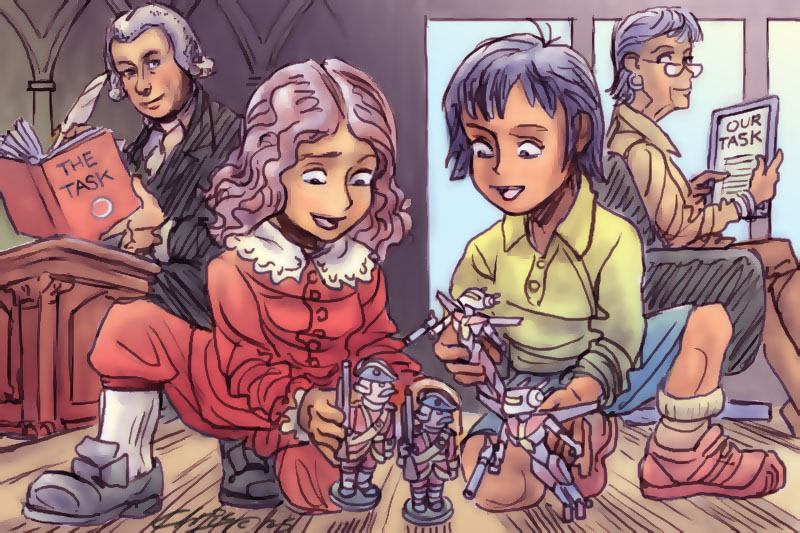
ARTS AND CULTURE
- Gillian Bouras
- 19 February 2025
William Cowper’s The Task, written in 1785, echoes today’s anxieties with eerie precision — war, oppression, the weight of the world. Can poetry offer solace in chaotic times? A journey through memory, history, and resilience might hold the answer.
READ MORE
-

AUSTRALIA
- Sandy Toussaint
- 13 February 2025
In Broome, the work of the Royal Commission into Aboriginal Deaths in Custody uncovers not only personal grief but also the enduring systemic failures that continue to claim Indigenous lives. As the commission’s findings remain largely unimplemented, the question remains: why has Australia failed to meaningfully address the injustice of these deaths?
READ MORE
-

AUSTRALIA
- Stephen Alomes
- 25 January 2025
With debates around Australia Day continuing to divide, might shifting the national celebration to another day, rooted in resilience and renewal, offer a fresh start? By embracing a new unifying symbol, Australia could move beyond the pain of the past toward a national day that reflects unity, hope, and shared values.
READ MORE
-
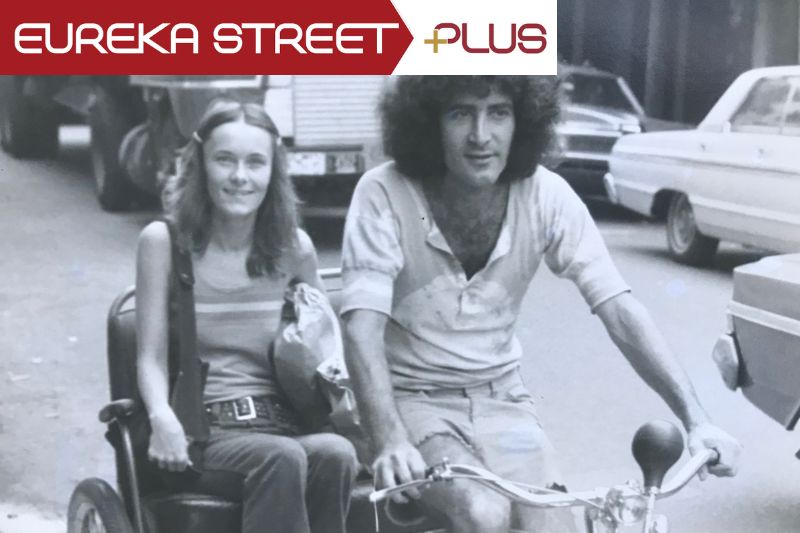
ARTS AND CULTURE
- Arnold Zable
- 24 January 2025
Tour guides were recently added to Australia’s National Occupational Shortage list, inviting skilled overseas workers to step in. This shift brought to mind a similar journey Arnold Zable took decades ago, guiding visitors through the streets of New Orleans.
READ MORE
-
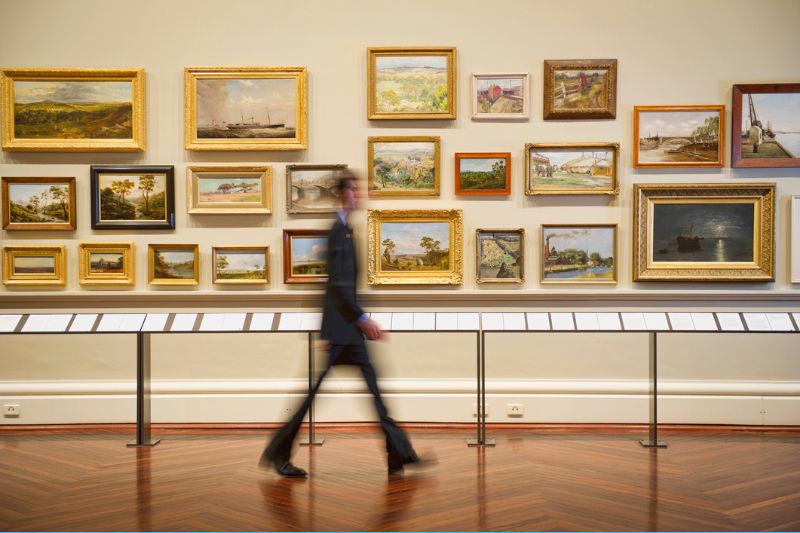
AUSTRALIA
- Andrew Hamilton
- 23 January 2025
Australia's national day remains a divisive symbol, rooted in colonial history. As the country grapples with issues of war, inequality, and climate change, the call for a more inclusive, meaningful celebration grows. How can a national day honour both the complexity of our history and the dignity of all Australians?
READ MORE
-
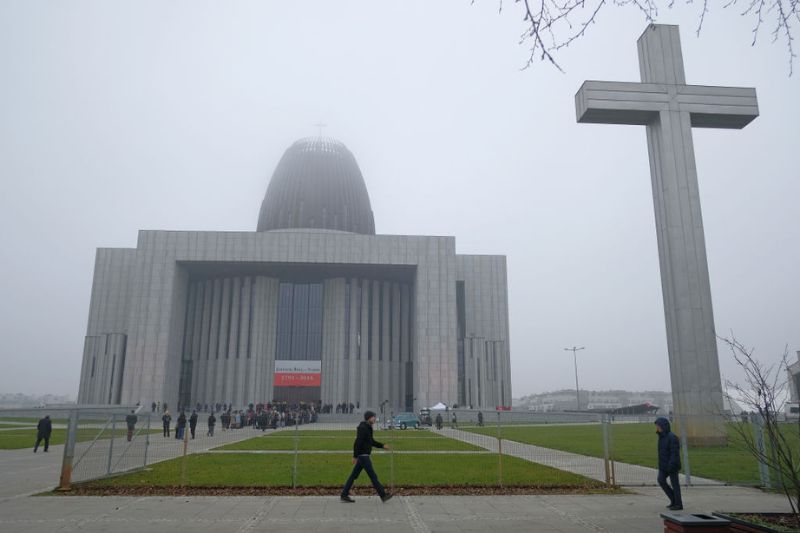
ARTS AND CULTURE
- Gillian Bouras
- 16 January 2025
Sacred spaces reflect their times, from Baroque splendor to Brutalist minimalism. A visit to Warsaw’s Temple of Divine Providence highlights how churches, beyond their doctrines, become vessels of national identity, architectural evolution, and historical memory.
READ MORE
-
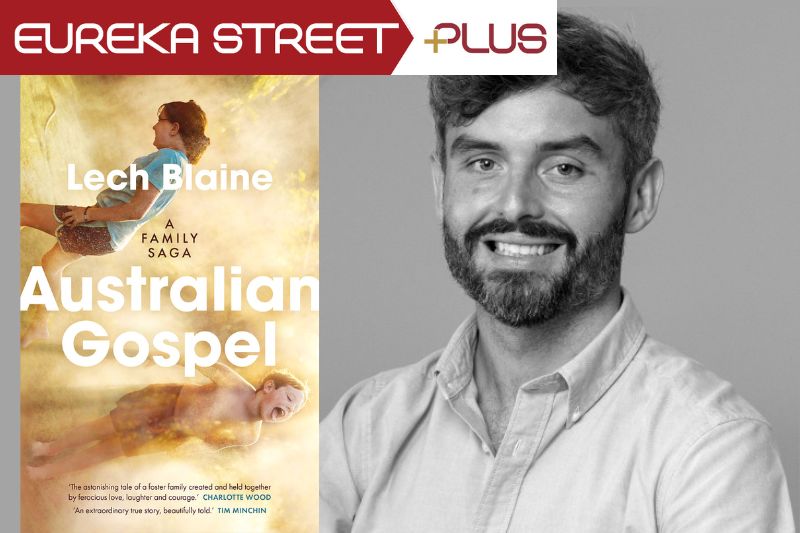
ARTS AND CULTURE
- Ken Haley
- 12 December 2024
Lech Blaine’s Australian Gospel is a quintessentially Australian tale of faith, family, and identity. Blaine explores the fractures of belief and belonging in an effervescent and vivid work of creative nonfiction. But where does the ‘non-’ stop and the ‘fiction’ begin?
READ MORE 